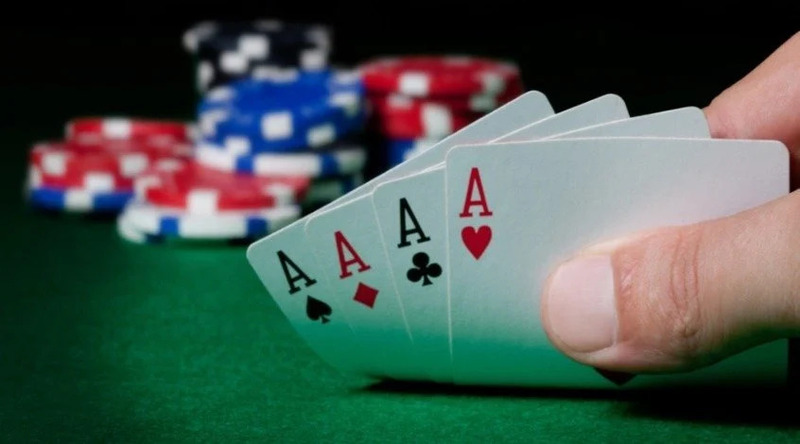
Strategies for Postflop Play: Making the Right Decisions
Postflop is a crucial stage in poker where a player must consider numerous factors, including board texture, pot size, and opponents’ actions. Making the right decisions at this stage determines your success in the game. To play effectively on the postflop, you need to develop analytical skills and adapt your strategy to the specific game conditions. In this article, we will cover three key aspects to help you make the right decisions on the postflop.
Analysing Board Texture
Understanding the board texture is one of the fundamental elements of postflop strategy. The board determines how strong or weak your hand is compared to possible combinations of opponents. Players must consider how the strength of their hand changes based on the layout of the cards on the table. It is essential not only to evaluate your own chances but also to analyse possible hands of your opponents.
Consider whether there are opportunities for straights or flushes. If the board is “dry” (lacking obvious combinations), you can use aggression even if your hand isn’t the strongest. In the case of a “wet” board, where many strong combinations are possible, it is better to play cautiously to avoid losing a significant portion of your chips.
Distribution of High and Low Cards
Boards with high cards often encourage aggressive play because of the high probability of strong combinations such as top pairs or straights. For instance, if the board contains a king or queen, opponents may play stronger due to the likelihood of pairing. On low boards, players who adopt a more cautious approach often succeed, as these boards are less conducive to forming straights and flushes. Additionally, consider how your position impacts your ability to use aggression.
Reading Opponents
Analysing opponents’ actions allows you to predict their next moves and make informed conclusions about their hands. This is a critical skill that requires attentiveness and patience. Observing the pace of the game, bet sizes, and behavioural patterns of opponents can give you an edge in the game.
Pay attention to how often your opponents bet or fold in specific situations. For example, if a player consistently makes large bets on aggressive boards, it may indicate a tendency to bluff. Similarly, if an opponent frequently checks on strong boards, it might suggest a lack of confidence in their hand.
Detecting Bluffs
Perceiving opponents’ behaviour, such as excessively large bets or frequent check-raises, can indicate a bluff. It is crucial to stay calm and avoid making decisions based on emotions. Analyse how opponents adjust their play depending on board texture and pot size. For instance, aggressive play on a “dry” board might be an attempt to make you fold rather than an indication of a strong hand.

Controlling Pot Size
The pot size directly influences your betting decisions. The goal is to maximise wins in situations with a strong hand and minimise losses with a weak one. Balancing your bets allows you to create the right impression for your opponents and avoid revealing too much about your actions.
For instance, if you have a strong combination, you should avoid making bets that immediately reveal your hand. Conversely, weaker hands can be turned into bluffs through smart betting if opponents are susceptible to such pressure. It is essential to consider how your play looks from the outside to prevent predictability in your actions.
Balancing Bets
Bets should be balanced to avoid giving opponents excessive information about your hand. Use varying bet sizes depending on the board texture and opponents’ playing style. For instance, on a “wet” board, you might place larger bets to protect your strong combination from potential outs of opponents. On a “dry” board, a medium-sized bet might suffice to maintain control of the pot.
Developing these skills will help you increase the effectiveness of your postflop play and minimise mistakes. Regular practice, analysing your own games, and learning from others’ mistakes will help you reach new heights in poker. Your ability to adapt strategy based on the situation at the table is the key to success in this fascinating game.
Popular topics
-
 What is SPR in poker?
What is SPR in poker?The game of poker requires knowledge of many aspects …
-
 Real Video Poker Player Stories: Wins...
Real Video Poker Player Stories: Wins...Video poker has produced thousands of memorable moments for …
-
 The Psychology of Wins and Losses in ...
The Psychology of Wins and Losses in ...Online poker challenges players not only with mathematical strategy …
